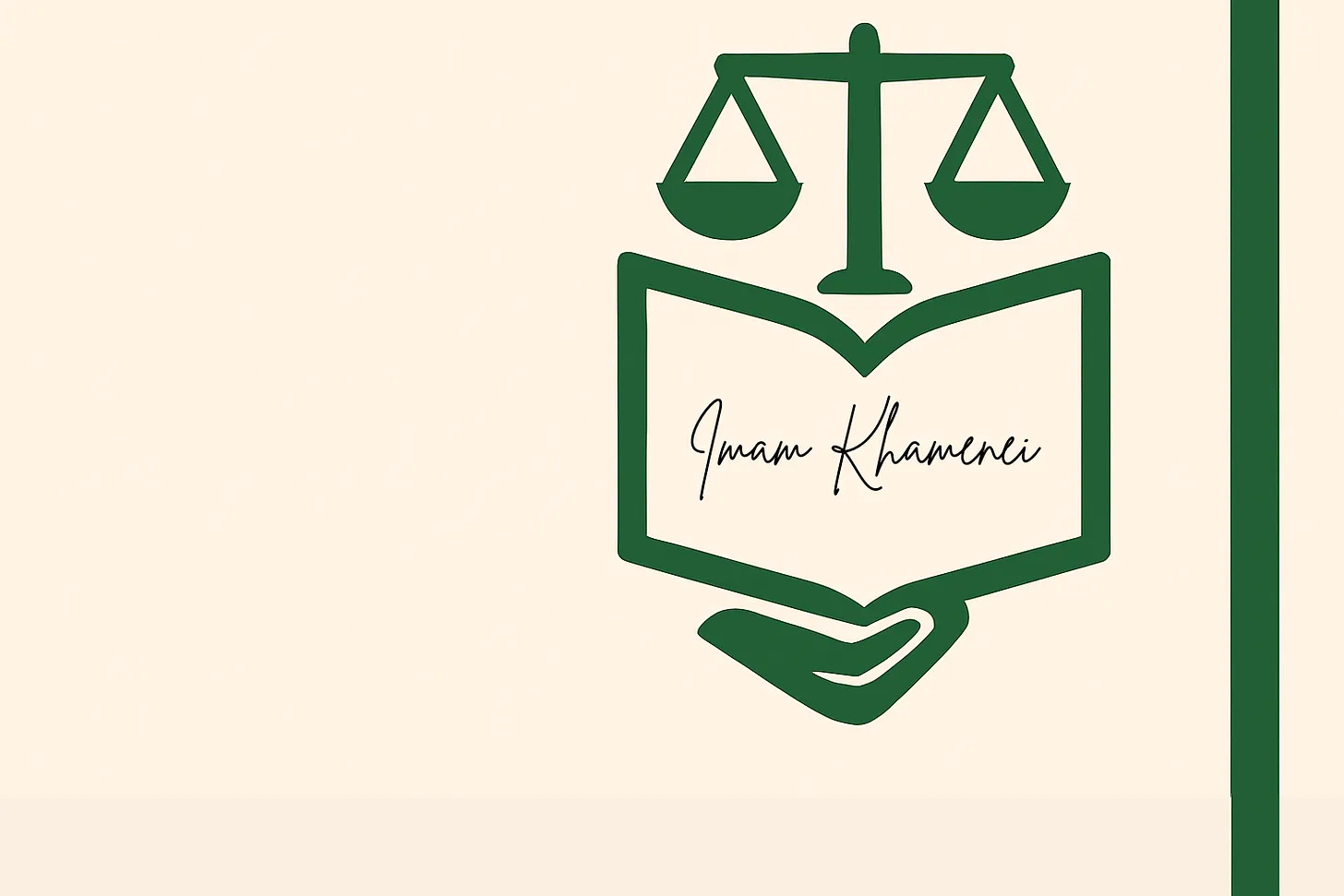Purity: Purity, Motherhood, and Obsessive Doubts: Seeking Relief While Staying True to Faith
Practical Laws of Islam as per the teachings of Imam Khamenei
Purity: Purity, Motherhood, and Obsessive Doubts: Seeking Relief While Staying True to Faith
English:
Question #311:
I am a postgraduate woman with several children. I am suffering from a problem concerning purity. In view of the fact that I have been raised within a religious family and want to observe all Islamic regulations and since I have young children, I am always busy with the affairs of urine and excrement. Especially in the toilet, the water drops of the flash-tanks, etc. sprinkles on my leg, face, and even head and every time I face a problem of purifying these body parts a matter that created many difficulties in my life and I cannot stop observing such matters since it is something related to my faith and religion. I consulted a psychologist in the matter, but in vain. In addition, there are some other problems that I suffer from, like the dust of the najis things and being too concerned about purifying the najis hands of the children or to prevent them from touching other things. To purify something najis is a very difficult job for me, while it is easy for me to wash the same vessels and clothes when they are just dirty. Thus, I request your valuable advice to make my life easier.
Answer #311:
i. As to the subject of purity and najāsah, basically every thing is considered pure in the sacred laws of Islam. Whenever we are not certain that something is najis, it is pure, even if there is a high probability that it is najis.
ii. Those, who suffer from a severe psychological sensitivity in respect to purity and najāsah matters and, for example, get certain earlier than others that something is najis or later than others that something is pure, are called by fiqhī terminology waswāsī (obsessive). If a waswāsī individual gets certain that something is najis, they are not required to act according to their certainty except when this certainty comes through conventional ways. As for washing a najis object by a waswāsī person, the criterion is the usual people's status and it is not necessary that the waswāsī gets certain that this thing gets pure and the najāsah is removed. Those individuals should keep on acting upon this ruling until this psychological problem is completely cured.
iii. For any object or body part that becomes najis, it is enough to wash it once with tap water after the najāsah has disappeared. It is not necessary to repeat washing or immersing it in water, and if najis object is a piece of cloth or the like, it should be, by caution, pressed or shaken to the usual extent so that the water comes out.
iv. Since you are very sensitive to najāsah, you should know that najis dust is not najis for you in any way, and it is not necessary to take care of the child's hands, whether they are pure or najis. Likewise, it is not necessary to be careful whether blood has been removed from body. This rule remains applicable to you until this sensitivity is gone.
V. The religion of Islam has simple and easy rules that are in accordance with human nature, so do not make it a problem for yourself and do not cause harm and suffering to your body and soul. The state of apprehension and anxiety in these cases makes life bitter for you, and God is not pleased with your suffering and those who are related to you. Be grateful for the blessing of easy religion, and gratitude for this blessing is to act according to the teachings of God, the Sublime and Exalted.
vi. This condition is transient and treatable. After contracting it, many people have been saved by the mentioned method. Trust in God and calm your soul with effort and will. God willing, you will be successful.
-Imam Khamenei, Practical Laws of Islam, Obsession and Its Treatment


